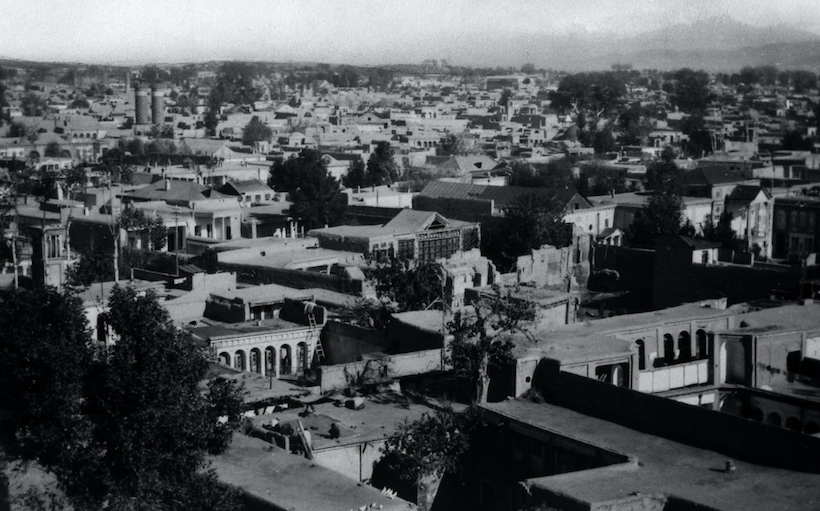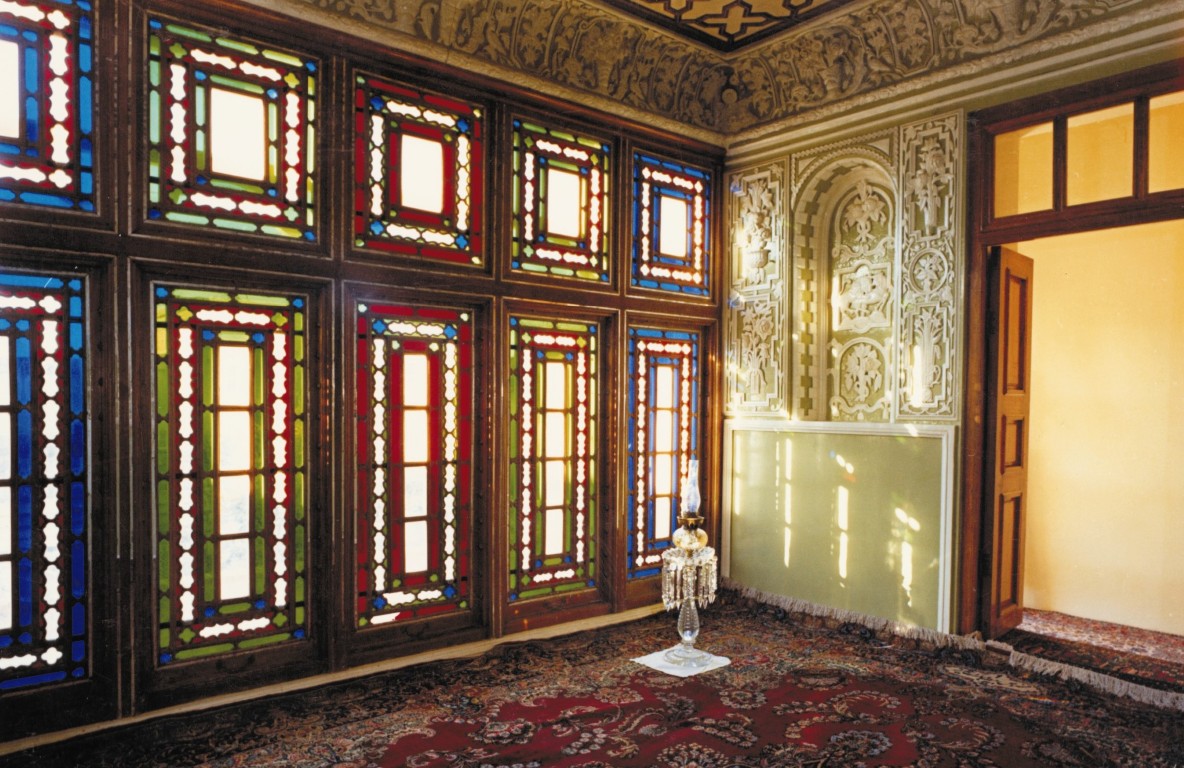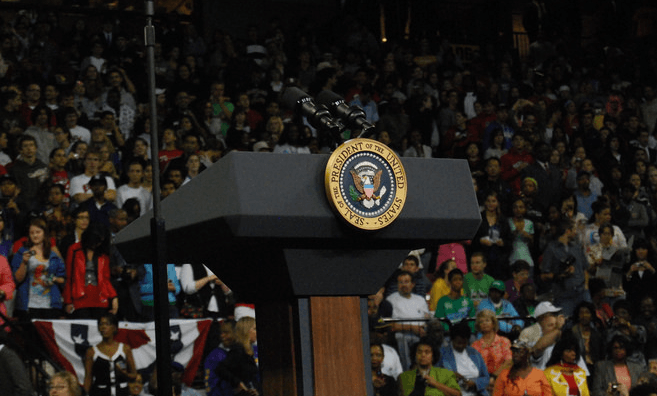-
An Outline of Bahá’u’lláh’s Life
The bare facts of anyone’s life don’t do it justice. Yet they help us put the many complex pieces of the puzzle together and foster understanding. In this series we have dived straight in: exploring concepts, events and writings. Here we will step back and think about the outlines of Bahá’u’lláh’s life. There are two tools that I would like to use for this purpose. One is to refer you to the beautiful pictorial display of Bahá’u’lláh’s life maintained by the Baha’i International Community at bahaullah.org. There you will find a brief chronology, images associated with Bahá’u’lláh’s life and a narrative of key events. The second tool I will use is to adopt ‘Abdu’l-Bahá’s…
-
Bahá’u’lláh’s Love
Rarely does the historical record show us the fullness of Bahá’u’lláh’s human experience. An exception is a moment of love between Bahá’u’lláh and his son, captured in the recollections of Bahiyyih Khanum (Bahá’u’lláh’s daughter). More of that story below. Love is a recurrent theme in Bahá’u’lláh’s writings. Love of the divine, of creation, of humanity. An example is the story of the two lovers Majnun and Layli. The story is an ancient one retold many times, often used to convey love of the divine. In Bahá’u’lláh’s telling Majnun is seeking Layli. It is related that one day they came upon Majnún sifting the dust, and his tears flowing down. They said, “What doest…
-
Electing the President
There is something fascinating about the “contest” which elects the President of the United States. The 2016 election is no exception. Candidates who weren’t imagined before the election year have come to the fore and with them the discourse and the “contest” has been thrown open. Issues of gender are right on the surface. And the fact that a women has never been elected as President is one of the issues. Gender issues are present in other ways. Women’s bodies and women’s rights have repeatedly surfaced as a political football. Issues of race are prominent, who is allowed to belong – who needs to be locked out. Who can claim…
-
The Duty of Kindness and Sympathy Towards Strangers and Foreigners
It is hardest to write of those things about which we feel most deeply. Today I wish to write about someone whose words and life have profoundly influenced and inspired me. That person is Abdu’l Baha: the son of the founder of the Baha’i Faith and its leader from 1892 to 1921. I wish to address particularly what Abdu’l Baha had to say about the issue of ‘foreignness’. One hundred years ago, on 16 and 17 October 1911, he gave his first recorded talk to the people of Paris. The theme of his talk was “the duty of kindness and sympathy towards strangers and foreigners”. What did Abdu’l Baha see…













